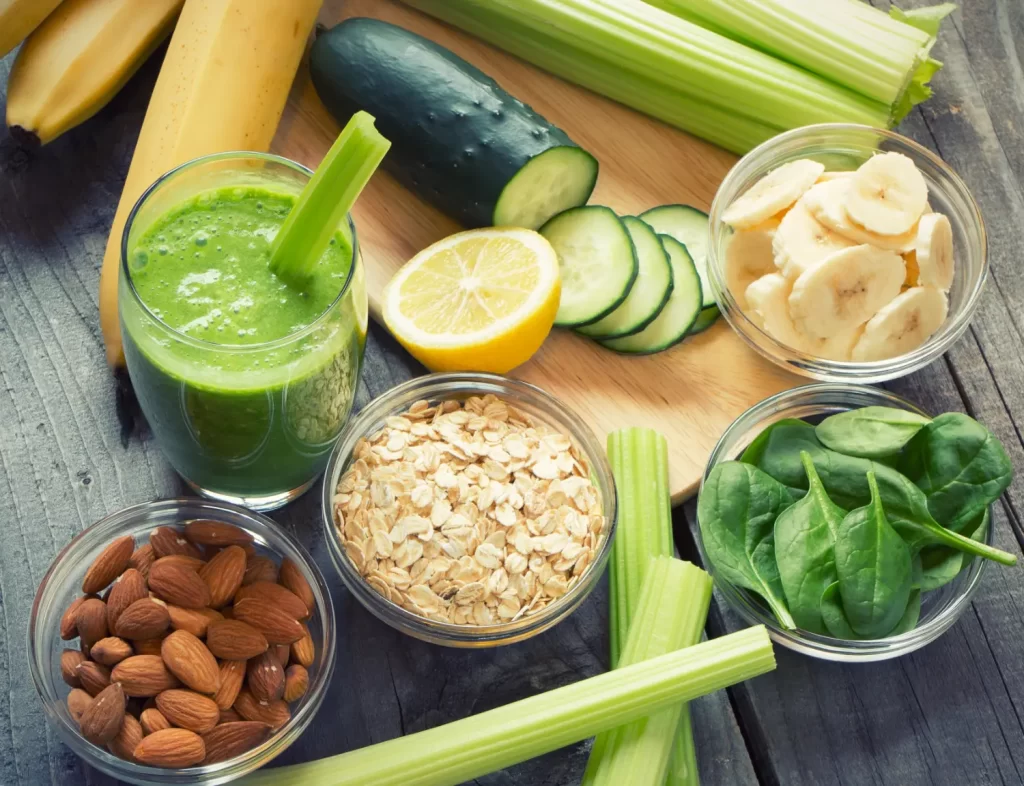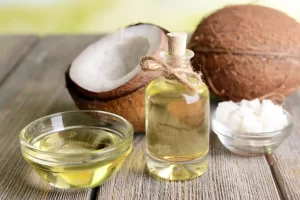
Menopause brings significant hormonal changes that can impact metabolism, digestion, and toxin elimination.
If you’re looking for a safe and effective way to support your body’s natural detoxification during menopause, it’s essential to focus on gentle methods that align with your body’s changing needs. Detoxing the right way can help reduce bloating, improve energy levels, and support hormonal balance—without putting additional stress on your system.
Menopause is a time of major hormonal shifts, and these changes can slow down the body’s natural detoxification processes. The liver, kidneys, and digestive system may not eliminate toxins as efficiently as they once did, leading to symptoms like fatigue, brain fog, bloating, and stubborn weight gain.
Estrogen and progesterone play a role in liver function and digestion. As their levels fluctuate, the liver may struggle to process and eliminate toxins effectively. This can contribute to inflammation, sluggish digestion, and an overall feeling of heaviness. Supporting the liver and gut with natural detox strategies can help ease these symptoms and improve overall well-being.
Many people associate detoxing with extreme juice cleanses, fasting, or harsh laxatives. However, these approaches can be harmful, especially during menopause, when the body needs nourishment rather than deprivation. A safe detox during menopause should focus on supporting the body’s natural detox pathways through nutrient-rich foods, hydration, and gentle movement.
Supporting your body’s natural detoxification during menopause doesn’t require extreme measures. Instead, focusing on nourishing foods, strategic supplements, and gentle movement can help flush toxins while maintaining energy and hormonal balance.
What you eat plays a critical role in detoxification. Prioritizing nutrient-dense, whole foods helps the liver, kidneys, and gut efficiently remove waste.
Certain supplements can enhance detox pathways without putting stress on the body:
Regular movement encourages circulation, lymphatic drainage, and sweating, which all aid detoxification. During menopause, opt for gentle but effective activities like:
These safe detox strategies can support your body’s natural processes without causing unnecessary stress.

While detoxing can be beneficial, certain approaches can do more harm than good—especially during menopause, when the body is already undergoing hormonal shifts. To ensure a safe detox during menopause, it’s essential to avoid extreme or unsustainable practices that may put unnecessary stress on your system.
Many people turn to prolonged fasting or juice cleanses as a way to “reset” their bodies, but these methods can backfire:
Instead, focus on balanced meals with protein, fiber, and healthy fats to support detox without depriving your body.
Some detox teas and supplements contain strong laxatives, which may provide temporary relief but can cause dehydration and disrupt gut health over time.
If constipation is a concern, focus on natural solutions like increasing fiber, staying hydrated, and consuming magnesium-rich foods (avocados, nuts, and leafy greens).
During menopause, the liver has to work harder to balance hormones and eliminate toxins. Certain foods make this process more difficult:
By avoiding these common detox mistakes, you can ensure your body gets the support it needs without unnecessary stress.
Detoxing isn’t just a short-term fix—it’s about making daily choices that support your body’s natural ability to eliminate toxins. A safe detox during menopause should focus on long-term, sustainable habits rather than drastic cleanses or quick fixes.
Incorporating small, consistent changes can have a big impact on your overall well-being:
Here’s a simple detox plan that’s easy to follow without feeling deprived:
Day 1:
Day 2:
Day 3:
The best detox plan is one that fits seamlessly into your lifestyle. Focus on:
By following these sustainable practices, you can support your body’s natural detoxification process while maintaining energy, balance, and overall health.
A safe detox during menopause doesn’t require extreme cleanses or drastic dietary changes. Instead, focus on:
By making these adjustments, you’ll support your body’s ability to eliminate toxins naturally while maintaining hormonal balance and overall well-being.
Want to learn more about how specific supplements can aid menopause detox? Check out CellaMD’s products for natural support.
Related Articles










* These statements have not been evaluated by the Food and Drug Administration. This product is not intended to diagnose, treat, cure or prevent any disease.